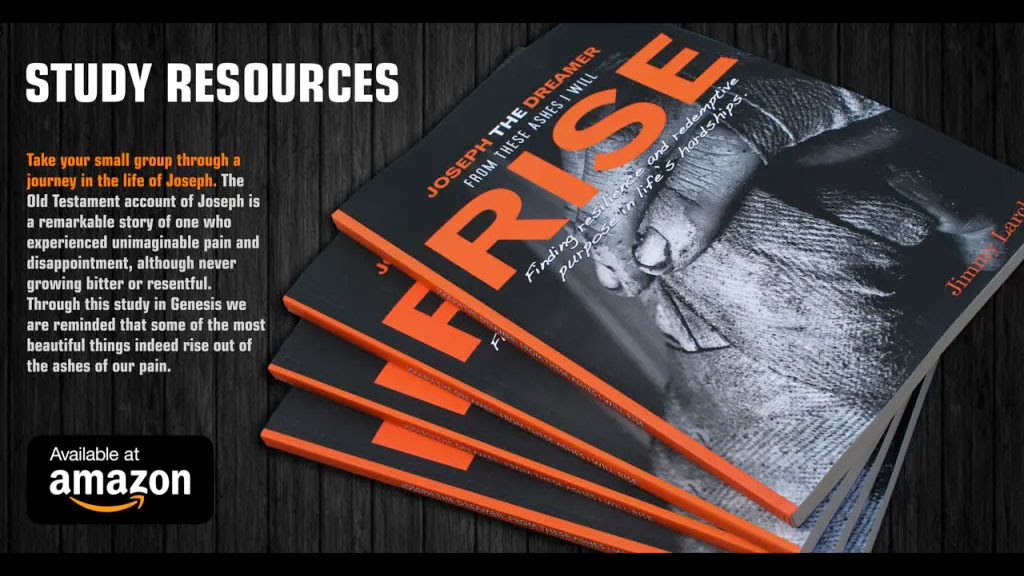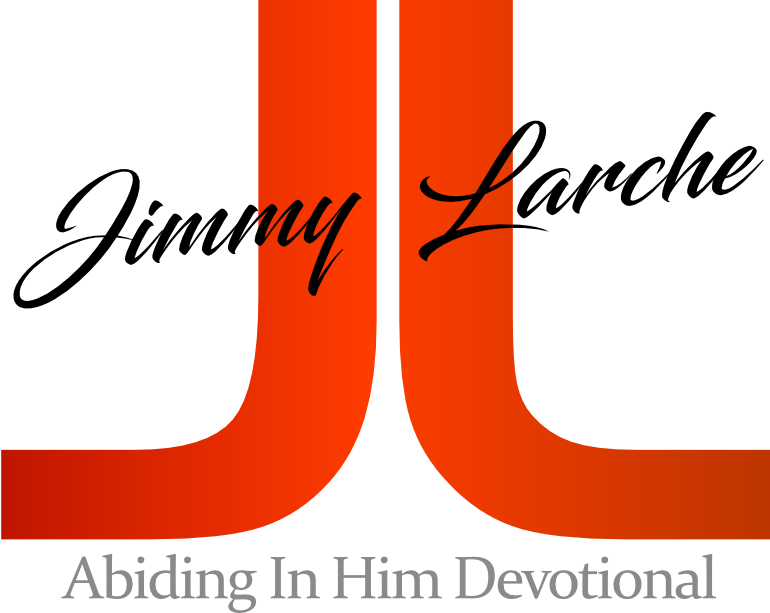God Uses Broken People (Part 3): Joseph
Text: Genesis 50:1-26
“He has made everything beautiful in its time…” —Ecclesiastes 3:11
Kintsugi is a 500-year-old Japanese art with an interesting philosophy. In kintsugi, broken pottery is valued as a treasure rather than a piece of trash. The art treats breakage and repair as part of the esteemed history of an object—something of a redemptive beauty—rather than something to disguise, cover up, or replace altogether. That’s why in Japan, people will pay big money for the elegance and aesthetic appeal of “golden joinery,” the kintsugi method of mending a vessel after it has been fractured.
The brokenness of our past is an integral part of our unique story, and God’s glorious art of making beautiful things out of broken pieces.
We see this truth played out in the life of Joseph. As his story begins in Genesis 37, we see a “bratty” teenage boy with a world of opportunity ahead of him. Joseph has raw talent and a head full of big dreams. Though it’s evident to Joseph himself, his parents, and his siblings that there is something special about this young man’s gifting, the broken and painful process he must go through makes his journey look a lot like a fractured vessel in the hands of a masterful kintsugi Artist.
Joseph is nearly killed by his brothers before being sold into slavery. Sometime later he got a big promotion, and just when it seems like he’s on a path to brighter days, the boss’ wife falsely accuses him of sexual assault. Joseph is thrown into prison for some years. Later, when it appears he has someone who might advocate for him before the parole board, that person forgets all about Joseph… for two full years.
A dark prison cell housing a broken inmate might seem like a place of dead-end doom, yet it is often the place where God does some of His greatest work in the soul. I came to know Christ personally in a Florida juvenile detention center as a despairing teenager, where I initially thought my life was over. Little did I know it was just the beginning! Joseph also had no idea of what God was setting him up for.
When you read the rest of the story, we see how God raises Joseph up from that prison to become second in command over all of Egypt, successfully managing all of Pharaoh’s enterprise during years of famine, saving multitudes of lives. What’s more is that those cats in Joseph’s dysfunctional family who at one time tried to bury him, end up coming to Egypt to find food, and Joseph providentially secures a better future for all of them.
In the end, Joseph “spoke kindly” to his siblings with these comforting words: “Do not fear… As for you, you meant evil against me, but God meant it for good, to bring it about that many people should be kept alive, as they are today. So do not fear; I will provide for you and your little ones.” (Genesis 50:19-21)
In Joseph’s life we see that brokenness wasn’t working against his destiny, it was actually working in partnership with his destiny. What if you had a new outlook on your past relationship hurts? What if lies, slander, or false accusations about you were actually setting you up for something really big? What if the furnace of abuse or trauma takes you to a depth of empathy where the flames of fierce advocacy ignite you to make a difference in the lives of other hurting people? What if being forgotten for a season meant that God was sparing you from crowds that would’ve taken you down a path of regretful shame? What if loneliness meant that God is setting you up for an unimaginable position of servant, humble leadership? Think about that as you seek to abide in Him this week.
PRAYER
Heavenly Father, thank you for the beautiful things you make out of broken pieces. You make all things new, and all things good for those who love you and are called according to your purpose. Help me to trust the Artist’s heart, even when I can’t see His hand. Help me to rest in the truth that you make all things beautiful in its time. In Jesus’ name, Amen.
Questions for Personal Reflection or Group Discussion:
- What comes to mind when you hear the words “damaged goods”?
- How have you come to interpret the brokenness of your life?
- What is the Good News in Joseph’s story? In what way does Joseph’s journey prefigure Christ’s atonement, who secures and provides for our eternal salvation?
- In what ways might you need to re-imagine what God is doing through your brokenness?
- Is there a person you need to forgive, who has been part of your broken journey?

For further study on the story of Joseph, check out my book “Joseph the Dreamer: From These Ashes I Will Rise”, available on paperback or Kindle.
